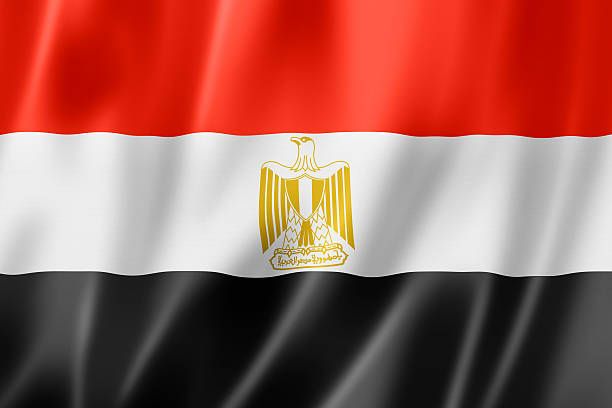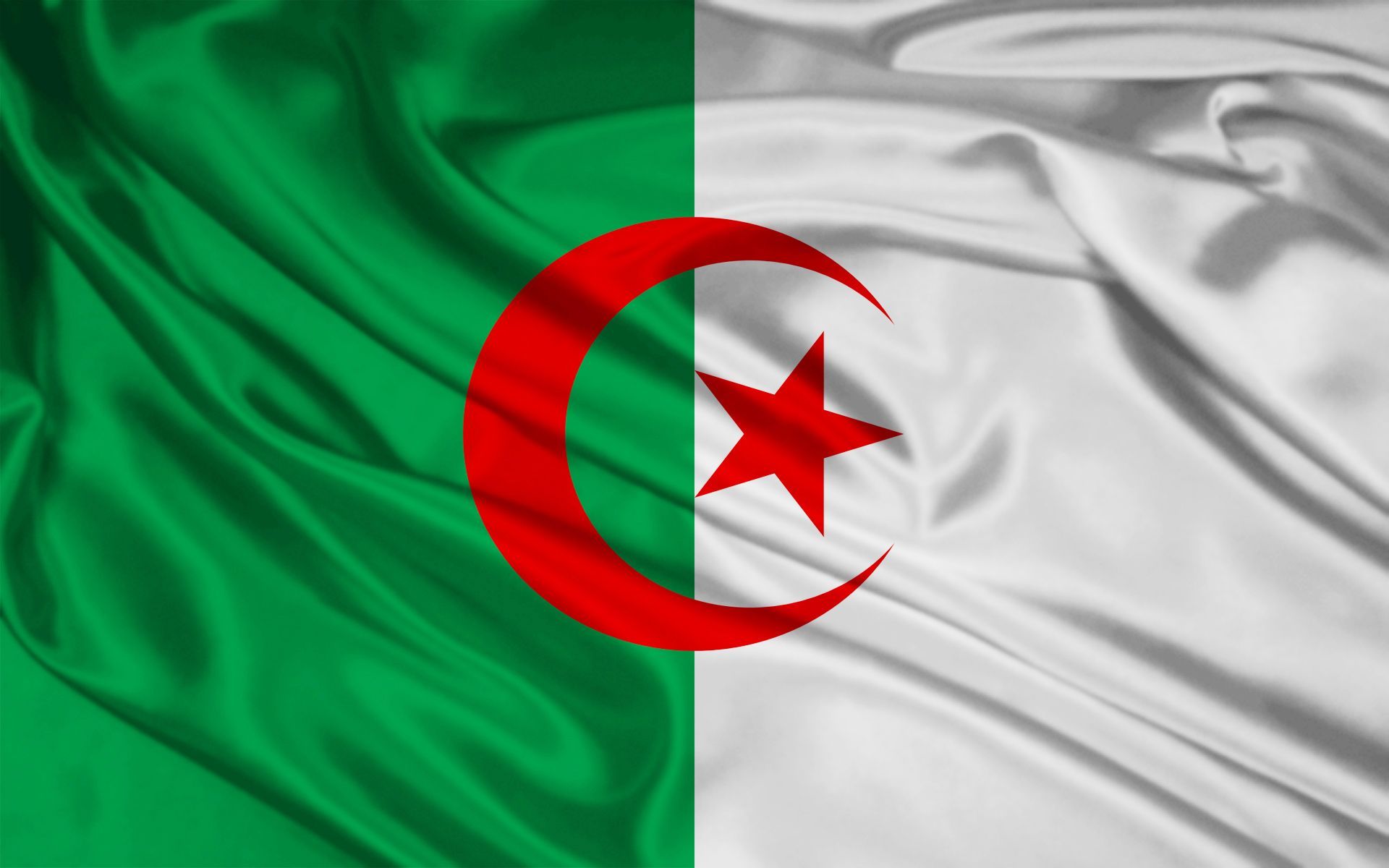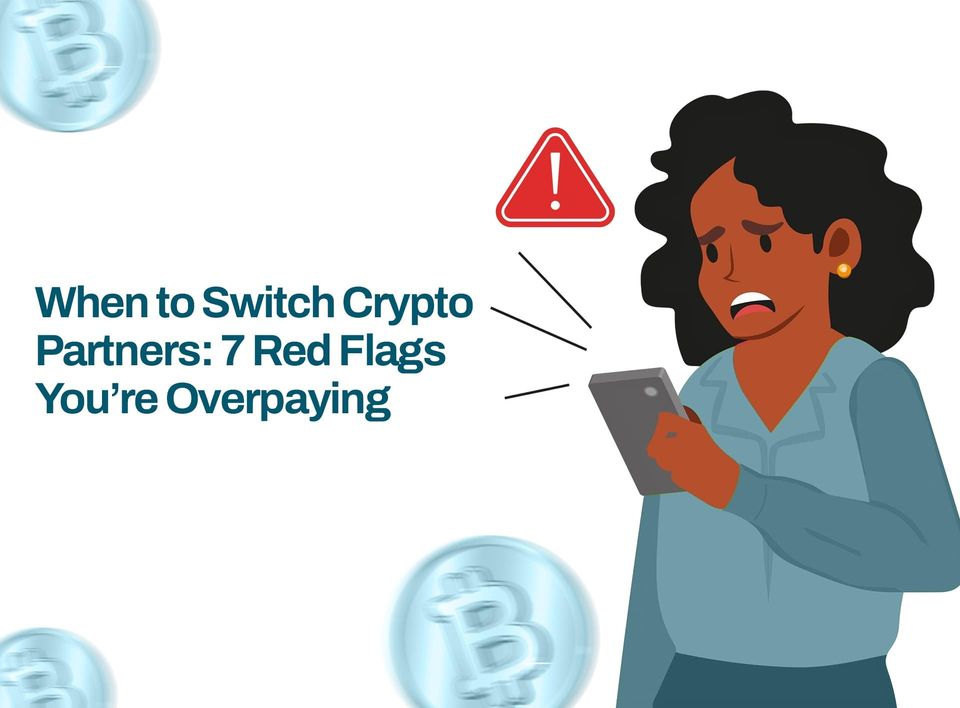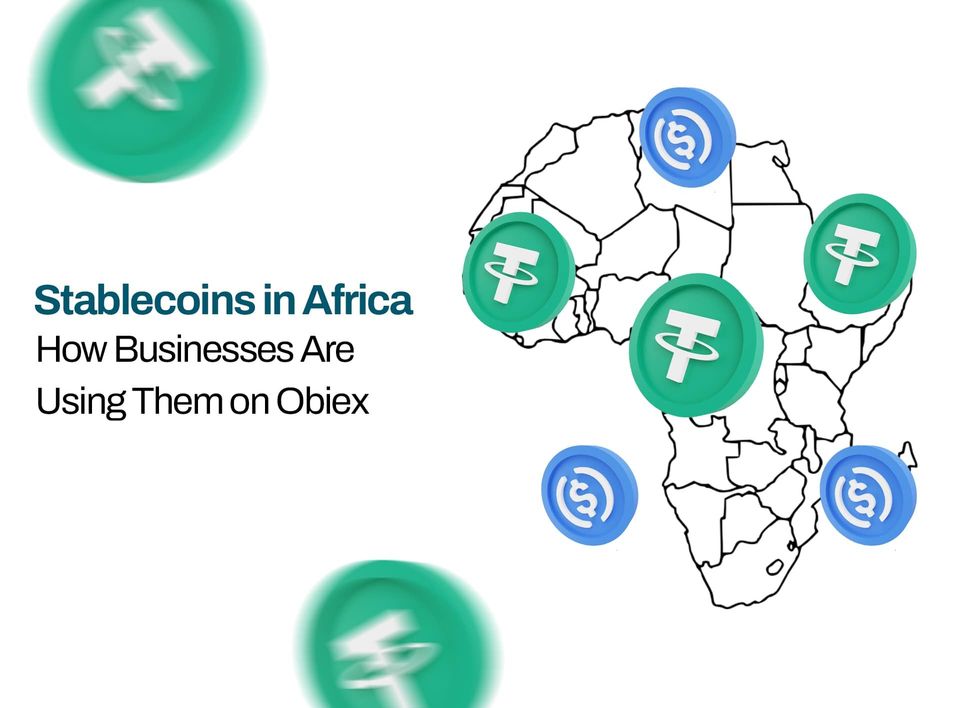AFCON Winners as Cryptocurrencies
In this article, we will be reimagining the past AFCON winners since the year 2000 as cryptocurrencies.

Hello, football enthusiasts and crypto lovers! Whoever thought that crypto and football would ever be merged in one sentence other than in situations where you can make football bets with crypto on the Obiex app? I guess we didn’t know that until now.
Another AFCON season kickstarted on the 13th of January 2024, and the whole African continent is already riveting and vibrating with infectious energy, just for the love of the game.
Since the tournament began, some countries have experienced heart attacks due to the disappointments from their teams, while others have fallen in love with their country all over again after a renewed hope in their football team. It’s been a rollercoaster. And the numerous strong teams in the tournament are not giving football fans the least clue as to which team would take the cup back home this season.
As a consequence, football bets have been going through the roof, with many fans betting with crypto. Speaking about crypto, let’s pause for a moment and ask ourselves a question. If the different countries participating in the AFCON were cryptocurrencies, which would they be, and why? Particularly the countries that have emerged as winners in the past.
What do these countries have in common with cryptocurrencies to be likened with them?
In this article, we will be reimagining the past AFCON winners since the year 2000 as cryptocurrencies.
Before proceeding, do you have any guesses about which of these countries and cryptocurrencies would emerge as the underdogs of the bunch? Let’s find out!
Past AFCON Winners Since 2000
1. Cameroon (2000, 2002, 2017)
2. Tunisia (2004)
3. Egypt (2006, 2008, 2010)
4. Zambia (2012)
5. Nigeria (2013)
6. Ivory Coast (2015)
7. Algeria (2019)
8. Senegal (2021)
Past AFCON Winners as Cryptocurrencies
Egypt - Bitcoin (BTC):

If we compare Egypt, which has won the AFCON championship three times since 2000, to a cryptocurrency, the best match would be Bitcoin. In African football, Egypt is the most successful nation in AFCON history, similar to how Bitcoin is the pioneer and most valuable cryptocurrency in the financial world.
Egypt has won the AFCON title seven times, with three consecutive victories, including a hat trick, from 2006 to 2010. Similarly, Bitcoin has become the go-to digital currency, gaining popularity and value since it started. The consistent success of both Egypt in football and Bitcoin in the cryptocurrency world shows their dominance.
Cameroon - Ethereum (ETH):

If we compare Cameroon's success in football to a cryptocurrency, Ethereum would be the closest match. Like how Cameroon's football team, the Lions, has won the AFCON title three times, Ethereum has become the second most popular cryptocurrency since it started.
Cameroon has a total of five AFCON titles, showing its overall success. Similarly, Ethereum has been a strong player in the crypto world, shaping decentralised finance and smart contracts.
Just like Olympic gold medallist and Cameroonian legend Samuel Eto'o, who holds the record for the most goals in AFCON history, Ethereum has its own achievements. Ethereum's smart contracts and decentralised applications have been big hits in the crypto world, similar to Eto'o's goals.
Senegal - Cardano (ADA):

In the exciting AFCON 2021 finals (held in 2022), Senegal, considered the underdog, made history by beating three-time champions Egypt in a tense penalty shootout. If Senegal's AFCON victory were represented by a cryptocurrency, it would undoubtedly be Cardano.
Comparing Senegal and Cardano, Senegal's victory can be likened to Cardano's position in the cryptocurrency world. Cardano, known for its focus on security and scalability, reflects Senegal's resilience and stability on the soccer field. Despite the unpredictable nature of the game, Senegal's triumph over a strong opponent like Egypt shows its ability to stay secure under pressure, similar to Cardano's commitment to providing a secure and scalable blockchain solution.
In crypto, Cardano has been seen as an underdog competing with more established projects. Senegal's unexpected triumph in the AFCON final echoes this narrative, as they overcame the odds to secure their first continental title.
Tunisia - Binance Coin (BNB):

If Tunisia were a cryptocurrency, it would be aptly represented by Binance Coin (BNB). The similarities between Tunisia's triumph in the 2004 AFCON competitions and Binance Coin's rise in the crypto world can be drawn by examining their shared characteristics and potential.
In 2004, Tunisia won the AFCON competition, showing it was strong in a competitive environment, just like how Binance Coin has become important in the world of crypto. People like BNB because it's useful on the Binance platform. Similarly, Tunisia is becoming important in North Africa because of its good location and economic potential.
Binance Coin is closely linked to the Binance exchange, which is one of the biggest exchanges in crypto. This is like Tunisia's important location in North Africa, acting as a hub for trade and business. BNB's role in Binance is similar to Tunisia's strategic role in the northern area of the African continent.
Zambia - Ripple (XRP):

If Zambia were to be a cryptocurrency, it would be like Ripple because, just like Zambia did well in the AFCON, Ripple stands out for making fast and affordable international transactions. Zambia's win shows a smooth path from the beginning of the tournament to becoming champions, just like Ripple's focus on quick and cost-effective global money transfers.
Zambia's AFCON win tells a story of success and progress. Likewise, Ripple isn't just any cryptocurrency; it's a tool for making global financial interactions easy and fast. Despite Zambia being a smaller country in Africa, and Ripple aiming for efficiency, they both show that impactful achievements can come from anywhere, no matter the size.
Nigeria - Stellar (XLM):

If we think of Nigeria, the 2013 AFCON champions, as a type of cryptocurrency, it would be Stellar. Just like Nigeria excelled in African football, Stellar stands out in the world of crypto and finance for several reasons that match Nigeria's qualities.
Nigeria, with its mix of diverse people and rich cultural history, is similar to the inclusive and diverse community of Stellar. Stellar is made to connect different financial systems, bringing unity to decentralised finance. Like Nigeria's mix of ethnic groups, Stellar brings together many participants, making it a symbol of including everyone in finance.
Regarding economic strength, Nigeria is one of the biggest economies in Africa. Likewise, Stellar positions itself as a helper for economic activities by allowing fast and low-cost transactions across borders. This is similar to Nigeria's role as a big economic force in the region and shows Stellar's commitment to making global finance more efficient.
Winning the AFCON in 2013 not only showcased Nigeria's prowess in football but also demonstrated resilience in the face of challenges. Similarly, Stellar, amidst the competitive cryptocurrency space, has encountered challenges but has proven resilient by adapting and evolving to meet the demands of the evolving financial landscape.
Ivory Coast - Litecoin (LTC):

If Ivory Coast, the victorious nation of the 2015 AFCON competitions, were to be likened to a cryptocurrency, it would undoubtedly be Litecoin (LTC). Much like Ivory Coast's consistent performance in football, Litecoin is renowned for its stability and reliability in the cryptocurrency market.
First and foremost, Ivory Coast's triumph in the 2015 AFCON competitions reflects a level of consistency and excellence. Similarly, Litecoin has stood the test of time since its inception, maintaining a reliable and stable presence in the unstable world of cryptocurrencies. Just as Ivory Coast has been a force to be reckoned with in African football, Litecoin has established itself as a trustworthy choice for transactions, gaining the trust of users across the globe.
Algeria - Chainlink (LINK):

If Algeria, the 2019 AFCON winner, were to be a cryptocurrency, it would be Chainlink. Just as Chainlink serves as a decentralised oracle network connecting smart contracts with real-world data, Algeria demonstrated a strong connection between its on-field skill and the real-world achievement of securing the AFCON title.
In crypto, Chainlink plays a crucial role as a bridge between on-chain and off-chain information. Chainlink's decentralised system is also like Algeria's mix of cultures, traditions, and geographies.
Consider Algeria's size, both in terms of landmass and population – it is the largest country in Africa and the 10th largest in the world. This vast expanse also reflects Chainlink's reach and influence in the blockchain ecosystem.
Finally, just as Chainlink acts as a reliable and secure bridge, Algeria demonstrated strength and reliability on the football field, ultimately emerging victorious in the AFCON competition. The country's people, with their passion for football, can be likened to the enthusiastic community surrounding Chainlink in the cryptocurrency space.
Closing Thoughts
And there you have it, folks! Isn’t it fascinating how striking the similarities between these winners and their alternate-reality cryptocurrencies are?
As the AFCON 2024 unfolds, let's see which nation takes the trophy and earns its place in history. And, as the saying goes, may the best man win!




